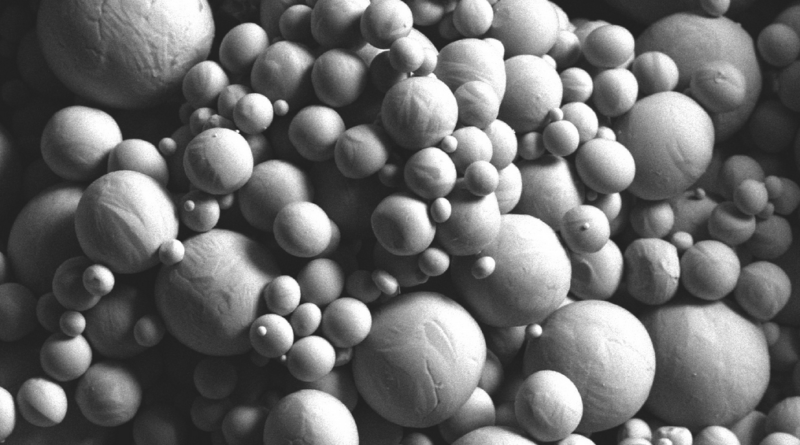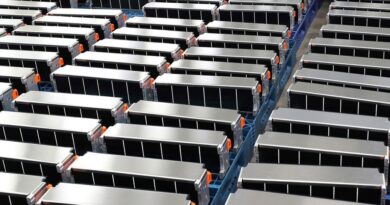Titanium market faces supply disruptions and regional deficits
Prized for its strength and versatility, titanium is essential across advanced defense, aerospace, automotive, medical, and industrial sectors. Many countries classify titanium as a critical mineral.
The titanium dioxide (TiO₂) market, from everyday pigments to jet engines, was valued at US$24 billion in 2024, with a projected CAGR of 3.7% from 2023-2030. The titanium market now faces supply disruptions and regional deficits as geopolitical challenges and rising defense industry demands increase pressure.
Growth in Chinese dominance of global pigment markets has also driven supply deficits of high value titanium dioxide minerals such as rutile. The largest global producers of titanium metal and pigments are feeling the strain—creating a clear market opportunity for new entrants and strategic investments in new long-term sources of titanium feedstocks.
Titanium is as strong as steel but 40% lighter, providing an impressive strength-to-weight ratio; it also has excellent corrosion resistance, a high melting-point, and is non-toxic. Its principal application is as a pigment found in everyday paints, plastics and coatings and 7% of global demand relates to titanium metal where it is a critical material to the defense, aerospace and medical sectors.
Ilmenite and rutile, currently the principal titanium-bearing ore minerals, are processed to remove impurities and separate the titanium dioxide (TiO₂). TiO2 is predominantly used in pigments (91% of global demand) used to provide opacity in paints, plastics, paper, etc; or converted into titanium tetrachloride (TiCl₄), which is then reduced via the energy-intensive Kroll process to produce titanium sponge. Titanium metal (7% global demand) is used across:
- aerospace: titanium is crucial to the manufacture of aircraft frames, engines (including compressor blades), landing gears, etc due to its light-weight strength and heat tolerance. Example: titanium accounts for 15% of a Boeing Dreamliner’s weight, using about 50 tons for each plane
- defense: as well as aircraft, titanium is used across a range of naval and military applications, armour and missile casings
- medical: titanium is non-toxic, making is ideal for medical implants such as orthopedic implants (eg joint replacements), dental implants, surgical instruments, prosthetics, heart stents, and spinal rods, due to its biocompatibility and corrosion resistance
- automotive: titanium is increasingly used in high-performance components such as exhaust systems, drive shafts, steering mechanisms, valve springs, and connecting rods to improve speed, efficiency, and reduce weight
- industry and chemical processing: titanium’s corrosion resistance is deployed in reactors, heat exchangers, and piping systems, particularly when handling corrosive chemicals.




